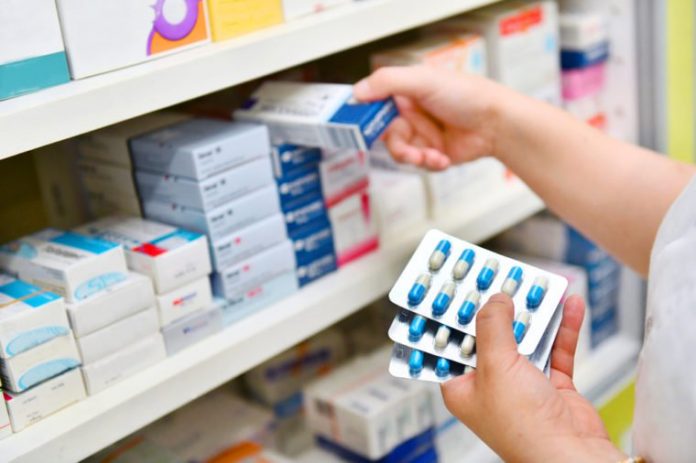Pharmacies in the Alicante Province say that they currently have supply problems with 382 drugs, a figure that they consider unusually high.
Some of the medications are very common, like Adiro, Spain’s second most used drug, which is taken to control thrombosis, to reduce the possibility of blood clots, especially for patients who have suffered angina, heart attacks or cerebrovascular accidents, such as stroke. They are also prescribed for patients who have undergone heart surgery. Pharmacies are currently unable to get hold of the 300 and 100 milligrams tablets.
The Spanish Agency for Medicines and Health Products says that the problem is due to a production cut at the Bayer plant in Leverkusen (Germany). Bayer have apologised for “any inconvenience that this production problem may have caused and are making every effort to restore the regular supply of the affected product.”
Another very common drug that is currently out of stock is Nolotil, both in 575 milligram capsules, and in the injectable form. This popular medicine is used for the treatment of pain, usually of a high degree after an operation or of traumatic origin. However this drug is banned in the UK and the USA and is currently being investigated by the medicines regulator after concerns were raised that northern Europeans may be particularly at risk of side effects.
Although most of the missing drugs can be replaced with generics, pharmacists say that the situation is a headache for patients. “We cannot change the medication just like that, we have to send the patient back to his doctor to change the prescription”, said Fe Ballestero, President of the Association of Pharmacists of Alicante.
But not all medications can be easily substituted. This is the case of flecainide, used to control abnormal fast rhythms of the heart. There have been recurring problems with its “and although there is a generic is not easy to find”, explained one local pharmacist.
The causes of this huge list of shortages is varied, from the shortage of raw materials, problems in production plants or even errors in the instructions or in the packaging of the drugs. Pharmacists blame this situation on the low prices of medicines in Spain. It seems that the continuous decreases imposed by the Ministry of Health make the prices of drugs very cheap in Spain, so many laboratories prefer to commit their production to other countries in Europe where the prices of these same drugs are much higher.
One example given was that of acyclovir used to treat cold sores or herpes priced at 3 or 4 euros in Spain, while in England it can cost up to 30 euros.
Herman Schwarz, the Vice-President of the Medical Association of Alicante, criticizes the shortages saying that they can affect the doctor’s consultation “in the form of more bureaucracy and having to explain the new medication guidelines”.
He also asks that certain medicines be better controlled, “so that there is no shortage of any medication that could cause a serious health problem”.





